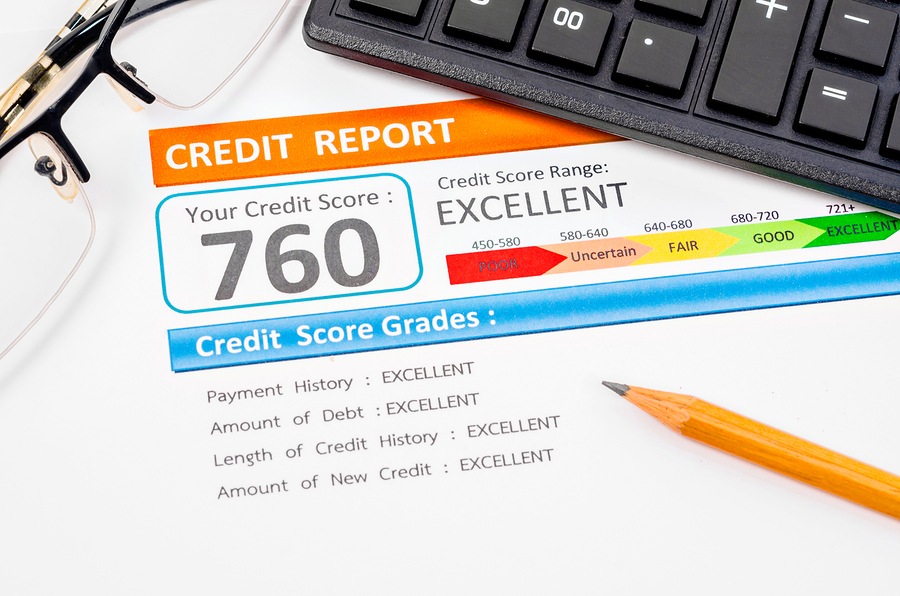In the United States, your credit score and report are crucial factors in determining the interest rates you receive on auto loans and home loans, as well as the types of loan products available to you. If your score is too low, you may face high-interest rates or be unable to obtain certain loans. Here are six tips to help you improve your credit score:
1. Know Your Credit Score
First, it’s essential to know your credit score. There are three major credit bureaus: Experian, Equifax, and TransUnion. Some creditors may report to only one or two of these bureaus, which can lead to inconsistencies in your credit report. Check your credit report from each bureau at least once a year for inaccuracies and dispute any incorrect information. You can request a free report from each bureau annually at annualcreditreport.com. While you’ll need to pay to see your actual credit score and for monthly reporting services, you can register and cancel immediately to avoid ongoing fees.
2. Address a Nonexistent Credit History
If you always pay in cash and have no credit history, services like Experian Boost and UltraFico can help. These services collect your banking information and report it to the credit bureaus, allowing you to build a credit score based on phone, utility, and other regularly scheduled payments. Alternatively, if you have no credit cards and a low credit score, obtaining a secured credit card can help. With a secured card, you deposit funds into an account and use the card like a regular credit card. Payments on the secured card appear on your credit report, helping to improve your score.
3. Manage Existing Credit Cards Wisely
If you already have credit cards, aim to keep your credit utilization below 30%. This means your total credit card balances should be less than 30% of your total credit limits. If you must charge more, consider requesting a higher credit limit from your creditors. A history of successful payments and sufficient income can increase your chances of approval. If increasing your limit isn’t an option, focus on paying down your debt. Paying off your entire balance each month is the best way to improve your score.
4. Apply for a New Credit Card
Applying for a new credit card can also help improve your score by increasing your available credit. While the initial credit check may temporarily lower your score, the additional credit can reduce your overall credit utilization ratio. Look for cards that offer points or rebates that could benefit you. Research and compare different cards to find the best fit for your needs.
5. Consider a Personal Loan
If you have high-interest credit card debt, consider obtaining a personal loan to pay it off. Personal loans often have lower interest rates than credit cards, making it easier to manage and pay down your debt. This strategy can improve your credit score by reducing your credit card balances and diversifying your credit mix.
6. Monitor Your Credit Regularly
Regularly monitoring your credit report and score is crucial for maintaining a healthy credit profile. Staying informed about your credit status allows you to address any issues promptly and make informed financial decisions. Use free credit monitoring services to receive alerts about changes to your credit report and score.
Closing Thoughts
Improving your credit score takes time and effort, but it’s worth it for the financial benefits. By following these six tips, you can build a strong credit history, improve your score, and secure better loan terms in the future. Whether you’re starting from scratch or looking to boost an existing score, these strategies can help you achieve your financial goals.
